Por Consumer Reports
-
Flu Symptoms
They come on fast and strong: muscle aches, headaches, fever, and fatigue. The flu can knock you out for weeks, even if you are a healthy, young adult. In the case of children, the elderly, and those with weakened immune systems, the risks of developing complications, such as pneumonia, are much higher. The best way to protect yourself is to get vaccinated as soon as possible.
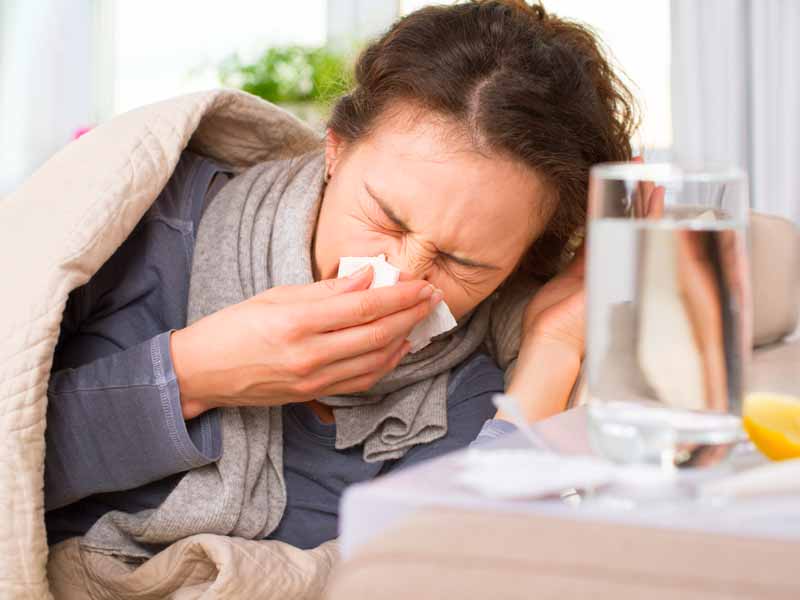
Getting Vaccinated is Key
This year's flu vaccine is the same as last year's, but you still need to get a new one this season. If you get it now, it should protect you until April, when the virus subsides. The vaccine prevents the illness up to 80% of the time in adults under 60 years old and about half of the time in those 65 and older. If you do get sick, you usually contract a milder case.
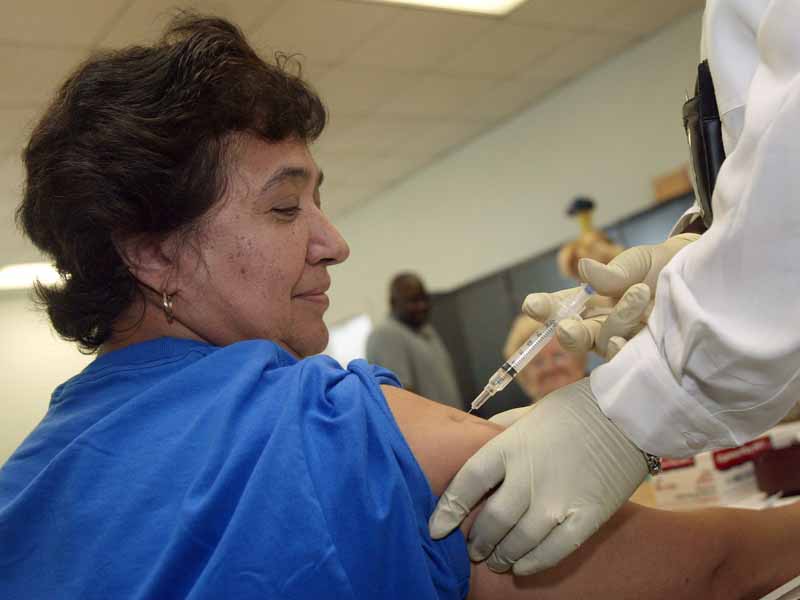
1. Consider the New "Quadrivalent" Shot
The standard shot, called the "trivalent," protects again three of the most common flu strains from last year: two influenza A (H1N1 and H3N2) viruses, and one influenza B virus. The quadrivalent version, which is in use since 2013, protects against those viruses plus another influenza B virus. The B strains are the most active at the end of the flu season, in February and March.
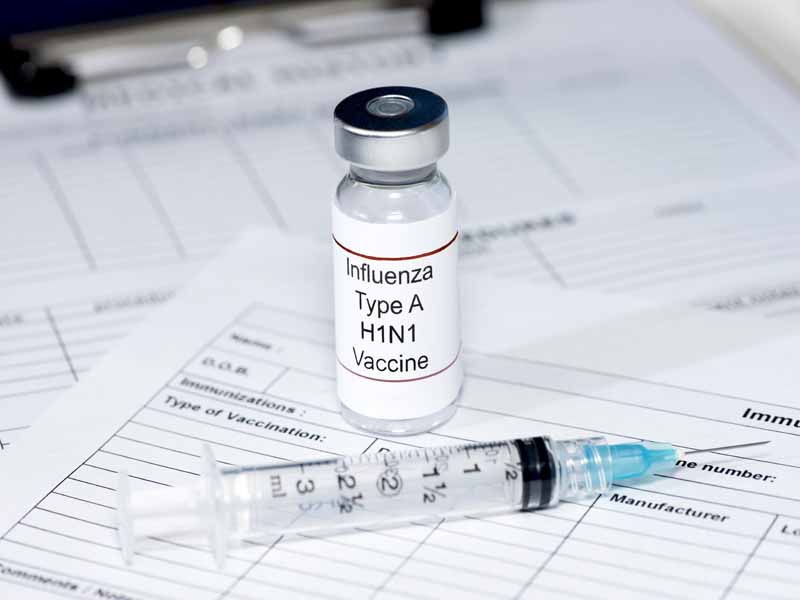
How Much Does It Cost?
Manufacturers are making more of the quadrivalent vaccine this year, so you should be able to get it at your doctor's office or at a local pharmacy. But unlike the standard vaccine, not all insurers cover it, so you may have to pay out of pocket, about $38.

2. Is the High-Dose Vaccine Better?
This vaccine, called Fluzone High-Dose, has four times the flu-antigen dose of the standard shot. A manufacturer-supported study, published in the August 14 issue of the New England Journal of Medicine, determined that it was slightly more efficient at preventing the flu in people age 65 and older.
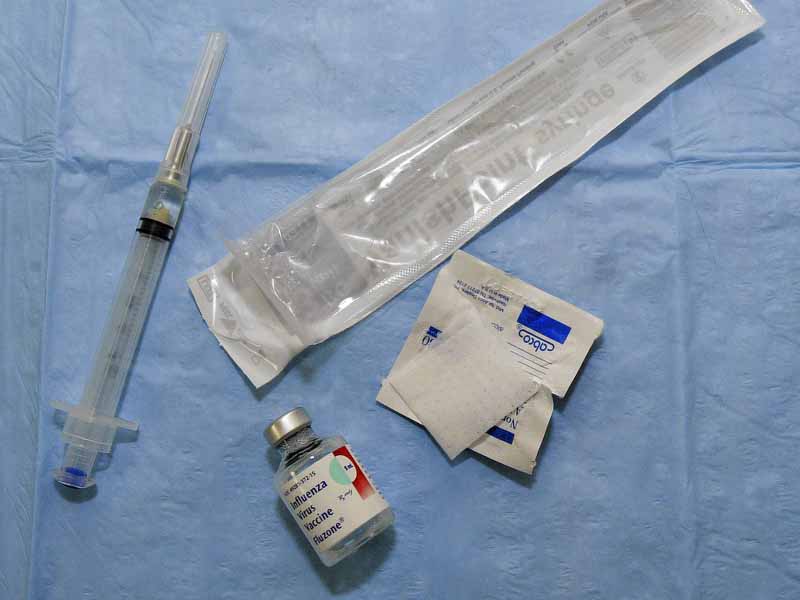
Side Effects
According to the national Centers for Disease Control and Prevention, however, the high-dose version is more likely to cause side effects, such as headache, muscle aches, and fever. So our medical experts say older people should weigh the possible risks and benefits of the vaccine when deciding which to choose.

3. The Nasal Spray Flu Vaccine
This vaccine, called FluMist, protects children ages 2 through 8 better than the regular shot, according to the CDC's recommendations for this season. The downside: it is possible that the child may need a second dose a month later.
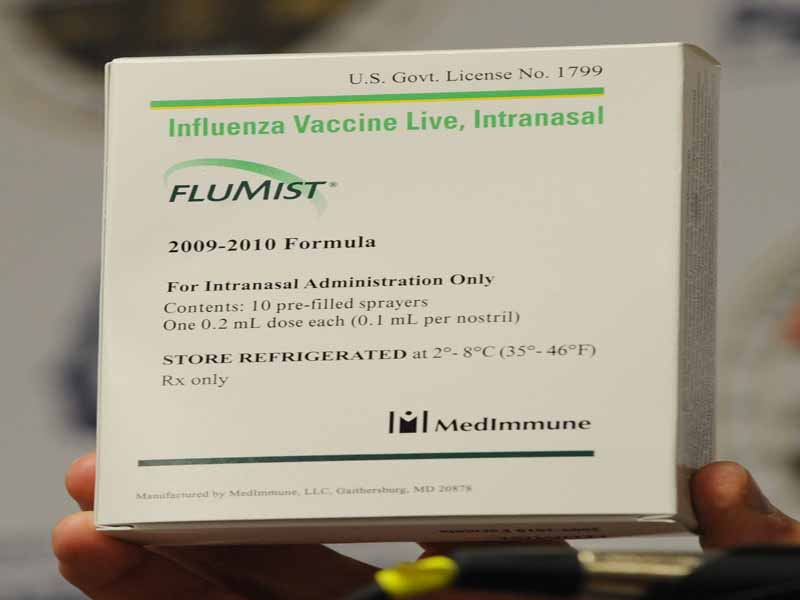
Perfect For Kids
Because it uses a "tamed" but still live flu virus, FluMist should not be used by people with a weakened immune system, the people who care for them, pregnant women, or people over 50 years old.

4. When To Take Anti-Viral Drugs
If you are at high risk, do not wait to take anti-viral drugs. The drugs oseltamivir (Tamiflu) and zanamivir (Relenza) can relieve flu symptoms, reduce complications, and lessen the chances of spreading the disease if you take them within 48 hours of getting sick. However, a CDC study that came out in July determined that only about one in five high-risk patients received one of these drugs.

Ask Your Doctor
"If you have symptoms and are in a high-risk group, ask your doctor for anti-viral drugs," says Fiona Havers, M.D. from the CDC, one of the authors of this study. "Do not wait three or four days," she says. You are at high risk if you are 65 or older; are pregnant or delivered a baby within two weeks; have a chronic disease such as asthma; have a suppressed immune system; or live in a nursing home or other chronic-care facility.

5. Say No to Antibiotics For the Flu
These drugs only work against bacteria, and the flu is caused by a virus. Nevertheless, the CDC study revealed that doctors gave antibiotics to 30% of people with the flu. "And that's probably an underestimate," says Havers, "the study just looked at three antibiotics." Using those drugs when you don't need them can make them less effective when they are necessary and increase the risk of infections.

A Better Choice
Instead, opt for what has been proven to work: getting plenty of sleep and drinking lots of fluids, as well as using over-the-counter drugs. Acetaminophen (Tylenol and generic), ibuprofen (Advil and generic), and naproxen (Aleve and generic) reduce fever and headache and generally work better than products such as NyQuil and Theraflu, which contain medicines you probably don't need.

Where To Go For a Shot
These days, it seems as if you can get vaccinated almost anywhere: not just at the doctor's office, but also at a pharmacy, church, or synagogue, and even at the airport. That said, where should you go? "Wherever it's most convenient," says William Schaffner, M.D., chairman of the Preventive Medicine Department at Vanderbilt University School of Medicine in Nashville, Tenn., and an expert in flu vaccines.

To Pay or Not To Pay
To find a place that offers the vaccine near you, visit vaccines.gov. The vaccine should cost you nothing—no co-pay nor deductible. That has been the case with Medicare and Medicaid for decades, but now the Affordable Care Act requires that insurers fully cover preventive care. This is true whether you have insurance from your employer or an individual health plan you bought after 2010. Otherwise, you might have to pay up front.

A Happy Ending
The pinch you feel from the shot or the itchiness in your nose from the nasal spray are minor considering you are preventing an illness that, in some cases, can lead to complications. What's more, you are making sure that you and your family are as safe as possible from dangerous viruses during the winter.

